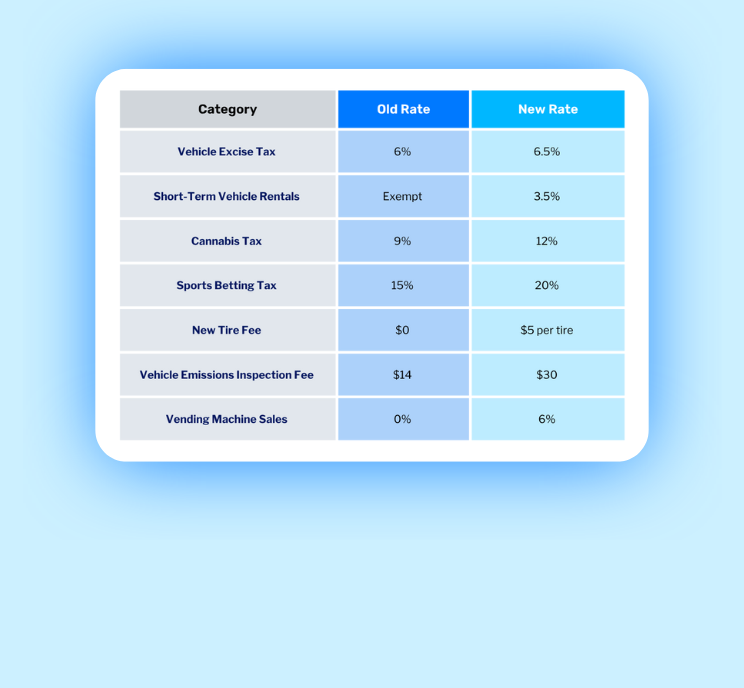Companies can face many challenges when working with the federal government. There are various numbers of contracts that can be obtained through the federal government and knowing which type of contract that will be beneficial for you and beneficial for your company can be difficult. Each company is unique and we recommend setting your business strategies appropriately to understand the types of contracts that will benefit you the most.
When you’re doing business with the federal government, you have to comply with an inordinate number of rules and regulations. The federal government conducts the acquisition of supplies and services under the Federal Acquisition Regulation (FAR) which my colleague Danny touches on in video 5, “What are the types of contract terms on a federal award and how do indirect rates apply?” Then they also conduct the acquisition of supplies and services under the Defense Federal Acquisition Regulation (DFARs) for the DOD contracts. Companies that are doing business with the federal government must comply with either the FAR or DFARs and in certain cases, both.
You also need to ensure that your subcontractors are in compliance. So, you’re responsible for yourselves as well as anyone that is conducting business for you. Companies that work with the federal government, in addition to complying with the FAR and DFARs, are required to comply with certain labor standards statutes, including but not limited to:
- McNamara O’Hare Service Contract Act
- Mandatory Contract Work Hours
- OSHA Safety Standards
There is a significant amount of oversight when doing business with the Federal government. There are many rules and regulations that you need to be mindful of when you’re doing business. Because these contracts are being funded with taxpayer dollars, many agencies want to ensure the money is being spent appropriately. Therefore, there are many requirements that the Federal government will implement, such as reviews or audits of a company’s financial statements as well as audits of incurred/claimed costs and indirect rates. Many companies consider these requirements to be costly and inconvenient, but a company must comply in order to perform work with the Federal government.
Many companies that work with the federal government have a concentrated revenue with a particular agency or a particular department and any cancelation or modification of a significant contract or subcontract could adversely affect the financial condition and results of your operations in the short- or long-term. If they want to, the federal government can terminate those contracts at any time for convenience and they don’t necessarily have to give you notice for that. That could potentially impact you if your revenue is concentrated in a particular area. In summary, though there are many benefits in working with the government, you do want to be mindful of potential pitfalls.
Our experienced professionals are well versed in accounting, consulting, tax, and audit and can help you navigate the complexities of government contracting to support, optimize, and accelerate your success. Get in touch with our team→





